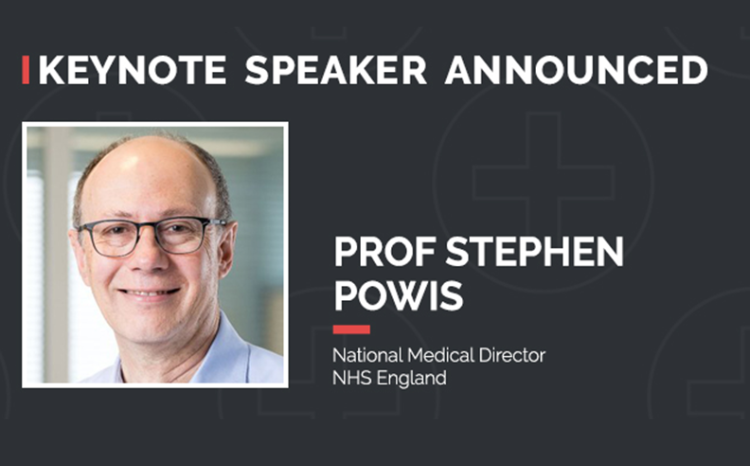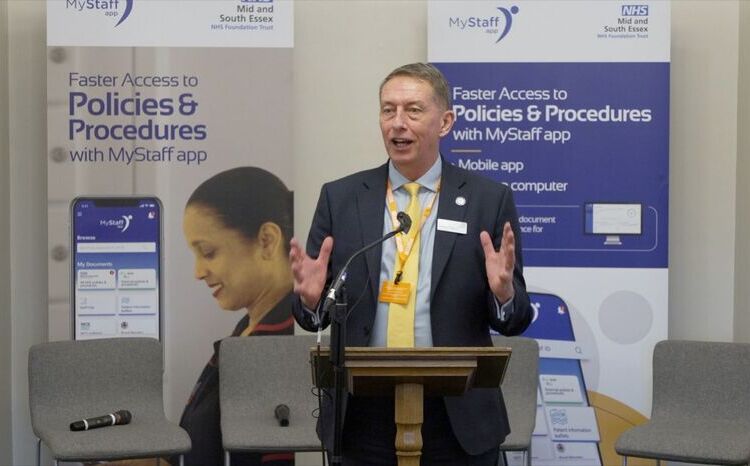Do we need to certify digital health Leaders?
- 8 March 2017

James Freed, CIO Health Education England and Andy Kinnear, chair of BCS Health and Care, ran a workshop at the recent Digital Health Leadership Summit on the case for certifying digital leaders, here they summarise what attendees said.

There has been much talk about certification, registration and regulation of digital health leaders, in particular CIOs and CCIOs, in recent (and not-so-recent) years, but this debate seems to be gathering pace since September last year.
That was when Secretary of State for Health Jeremy Hunt, following a key recommendation of the Wachter Review of NHS IT, announced plans for the development of a ‘Digital Academy’ to ensure CIOs and CCIOs, and aspirants to those hallowed positions, are as good as they can be.
Cue much discussion on ‘what good looks like’, and the validity of another NHS University. Indeed, we have written in the past about the role and duty, of CIOs in particular, to demonstrate their ability and their drive.
We have also extolled the benefits of professionalism to any who would listen, but, to my knowledge, we’ve never tried to directly find out what the profession at large thinks.
Taking the pulse at the Digital Health Leadership Summit
At the recent Digital Health Leadership Summit we ran a workshop on whether we should certify ‘digital leaders’, which we defined as CIOs and CCIOs. It was a well-attended workshop, 40 leaders in a 1:4 ration of clinical to non-clinical staff.
We group-sourced advantages and disadvantages to certification and then asked the group to vote on those advantages and disadvantages they felt most strongly about. The results were encouraging.
Support to become a ‘qualified’ digital leader
It seems people (from this group at least) are interested in being a qualified Digital Leader. 68% of votes were cast on the advantages of certification. In force-field analysis terms, this indicates a ‘go’ decision to certify CIOs and CCIOs.
Although clinicians were marginally less keen on certification than the non-clinicians, it wasn’t a large difference between the two groups (70% of non-clinical votes in favour vs 64% of clinical votes).
Three main perceived advantages to certification
Delegates scored three advantages of certification as either most likely, or most important: the ability to formalise a career path; the ability to improve patient safety; and the improvement of the professional status of CIOs and CCIOs.
Two main perceived disadvantages
But it was also something of an eye-opener to review the downsides of certification. The crowd-sourcing activity identified ten disadvantages, but there were two disadvantages to certification that stood head and shoulders above the rest.
Most importantly, was the concern that a qualification could exclude some people, whether because of background, working patterns or for some other reason.
The second most important disadvantage was telling – there was significant doubt that a qualification will be fit for purpose and really help people to be ‘good enough’.
‘Up and coming’ digital leaders feel they have to work against the system
The scope of this topic, focussing around digital leaders, and garnered from a workshop about certification will undoubtedly impose some bias. I was struck in a discussion with ‘up and coming’ digital leaders, that they feel they have to work against the system in order to work in digital in the health service.
Digital doctors often leave training, as they feel they have no choice. Others form start-ups or go to hacks, or learn from communities. I can’t help but feel that certification, whilst it may work for the current generation of CIOs and CCIOs, will have to evolve to meet the expectations, and pace of change, that our successors will expect and need.
In any case, for now, it seems the direction taken by the Digital Academy, the CHIME CHCIO qualification and Manchester University (delivering a doctorate-level qualification in Health Informatics), to name but a few certification offerings, are approved by the current incumbents.
Need to ensure qualifications are inclusive
What is clear however, is that whatever we do in this space, we need to make sure that the qualifications do not exclude some people (e.g. part timers, social care staff and specialists) and we need to make sure that we can demonstrate it has real impact.




